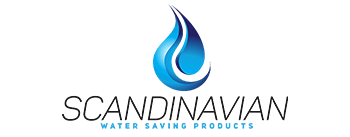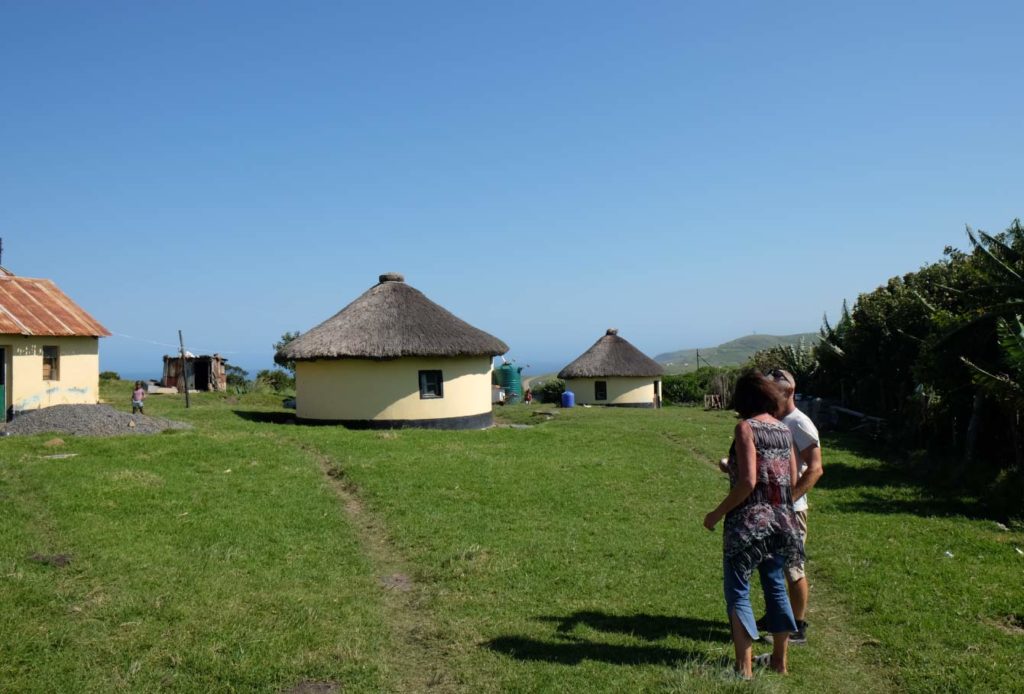Water Saving
Coffee Bay Tour 2021
Recently, the SWSP team visited Coffee Bay to meet with a Montessori school that desperately wanted to restore dignity to their students.
The school needs working toilets for their students, and while they have been granted access to municipal water, the rural nature of the area has meant that there is a battle for a stable supply.
The team explained where SWSP is right now in their journey and the Resource Centre to the school, which they were very interested in.
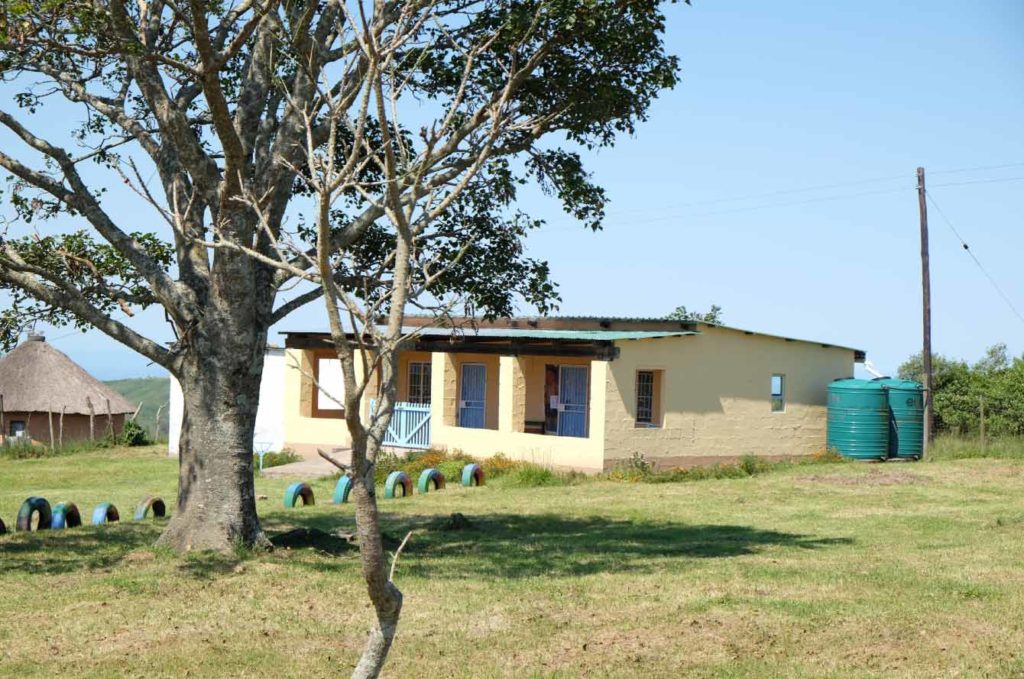
Revisiting The First Project
On the way to the school, SWSP revisited Ncini Ones Montessori, who they first worked with to check in on how the toilets were performing. The waste containers were checked for functionality and condition; none were broken and all the lifting mechanisms worked.
All the fans were spinning, keeping the room fresh and clean-smelling. The toilets and bathrooms were dry and clean. The building is a significant improvement on what they were using previously. The children are all still extremely happy with their private, modern toilets.
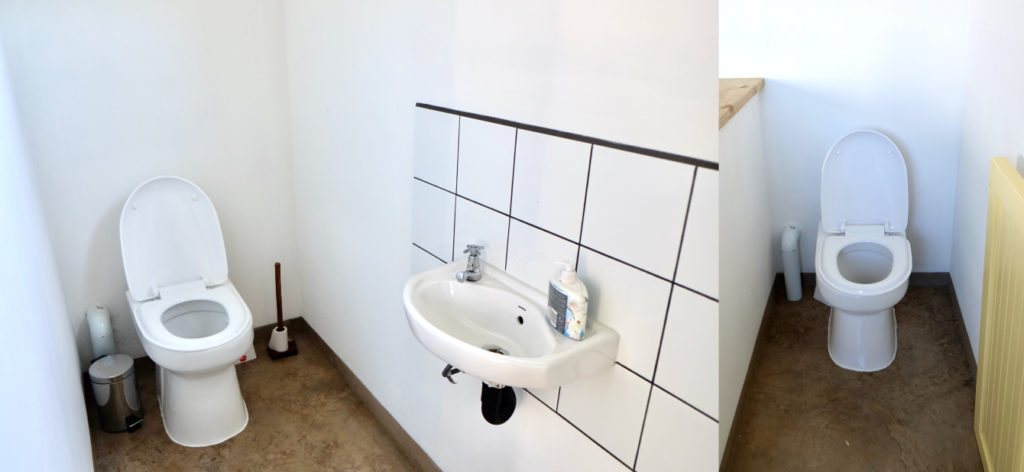
Plotting Out Phase Two
The next stop was the school grounds. Currently, there are thirty students with only two pit latrines between them, and one is already full.
The other school that was scheduled to be visited on this trip is moving, so will be visited there to ascertain their needs and decide where the toilets will be placed.
The best solution for these schools is the Hybrid toilet, which looks a little different to normal toilets, but still provides the same functionalities without using as much water; this is especially important because neither school has very stable access to water.
The Hybrid toilet has two holes, with one large hole being for solid waste and one smaller hole for the liquid waste. The flush diverts between the urine and solid waste, with the urine being changed to water so it does not smell. These toilets are easy-to-use, odourless, safe, and dignified.
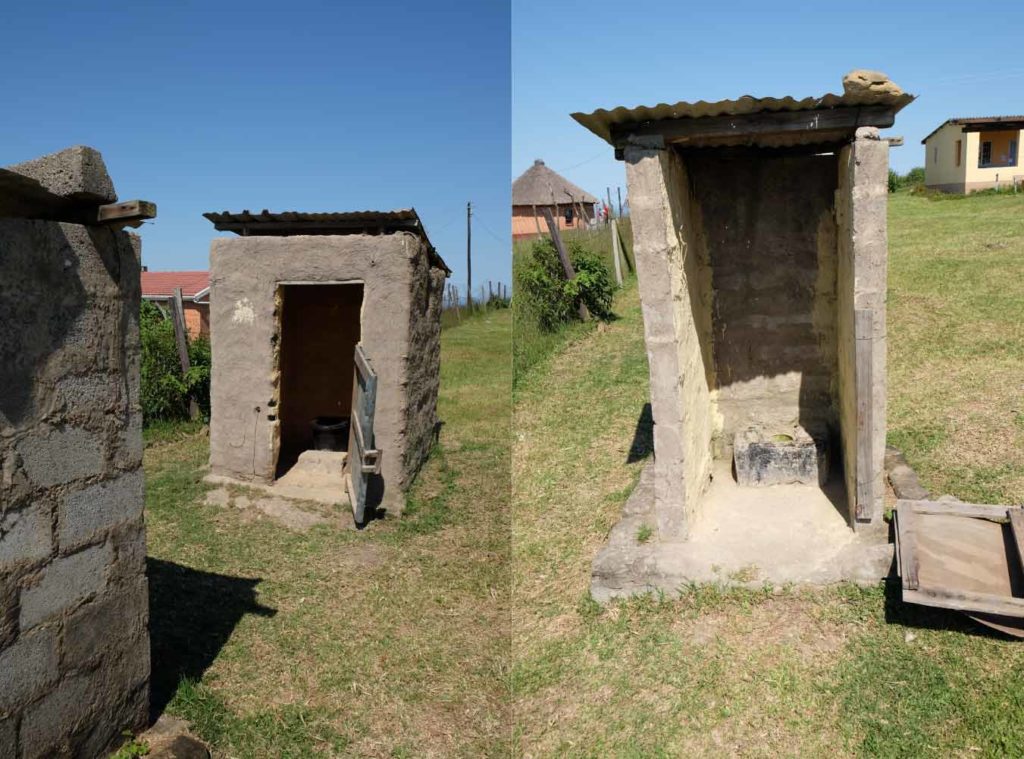
Understanding The Resource Centre And The Sanitation Ambassadors
Once the Hybrid toilets have been installed, a meeting will be set up with the community leaders to discuss a plot for the Resource Centre.
Because Coffee Bay is so rural, the rules and regulations are handled by the community and the leaders, not the local municipality.
The Resource Centre is the treatment centre for handling the waste, and is run by the SWSP-originated organisation known as the Sanitation Ambassadors.
The Sanitation Ambassadors are women who collect the waste and take it to the Resource Centre to transform it into usable solid waste for fertiliser. The Sanitation Ambassadors will go to the school every two to four weeks to collect the waste in secure boxes.
By adding a scientifically-developed powder to the waste, all bacteria will be killed in 14 days. This waste can now be used in the soil without any danger of hazardous chemicals leaking out.
The Sanitation Ambassadors programme allows the women of the community to earn money for their families and to become consultants to the schools on matters of hygiene and sustainability.
The Resource Centre is available in three sizes: small, medium, and large. For the Coffee Bay schools, a fully equipped version of the small model is ideal, with the ability to add to this facility to provide treatment for other schools using Hybrid toilets.
Already, there are neighbours to the schools who need toilets fixed or installed who could make use of this centre.
The first building to house the toilet at the school will have a sink and a lockable door, offering privacy and hygiene to the young girls who may not have access to this at or near their homes.
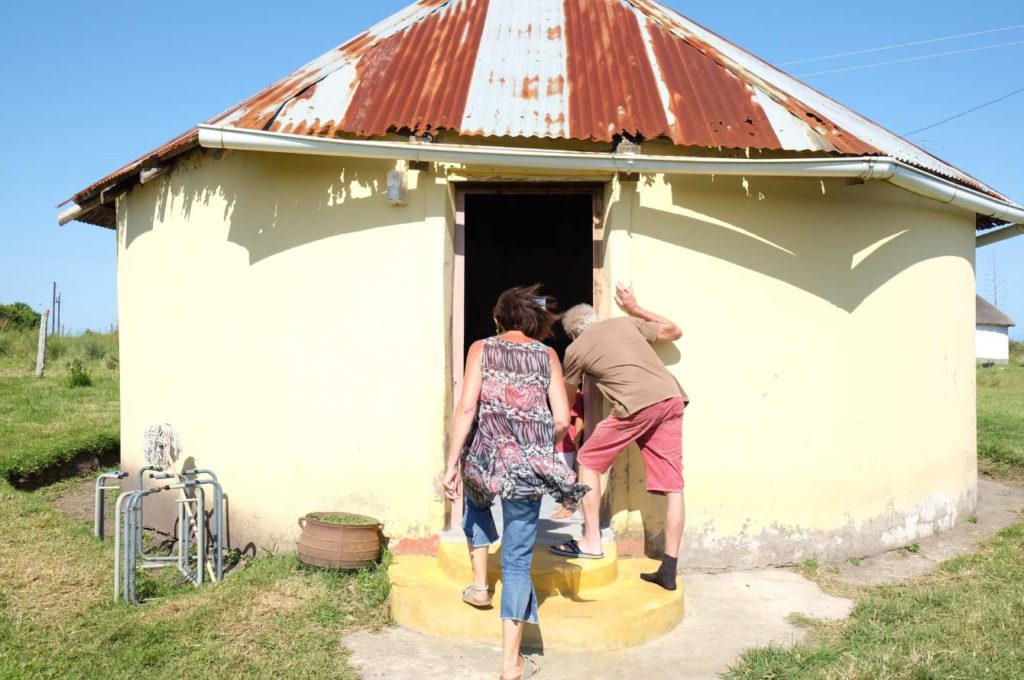
Sanitation For The Planet
Phase Two in Coffee Bay allows SWSP to show the world their solution to sanitation.
The eventual goal of SWSP is to provide sanitation solutions in more areas in Africa, but the projects at these two schools allow the team to fine-tune everything and make sure everything is perfect.
The projects provide an opportunity to think about every detail of the system to make it more accessible for areas who have a dire need for sanitation.
SWSP is proud to not work in a silo, as many in the sanitation industry do, but rather in a circle. Their products allow waste to be used constructively, with fertiliser being one of the main uses. This brings the waste full circle, as the fertiliser is used for vegetables and crops for the communities to eat.
The transparency involved in every project sets SWSP apart from other organisations and improves relationships with the communities who most need their services.
